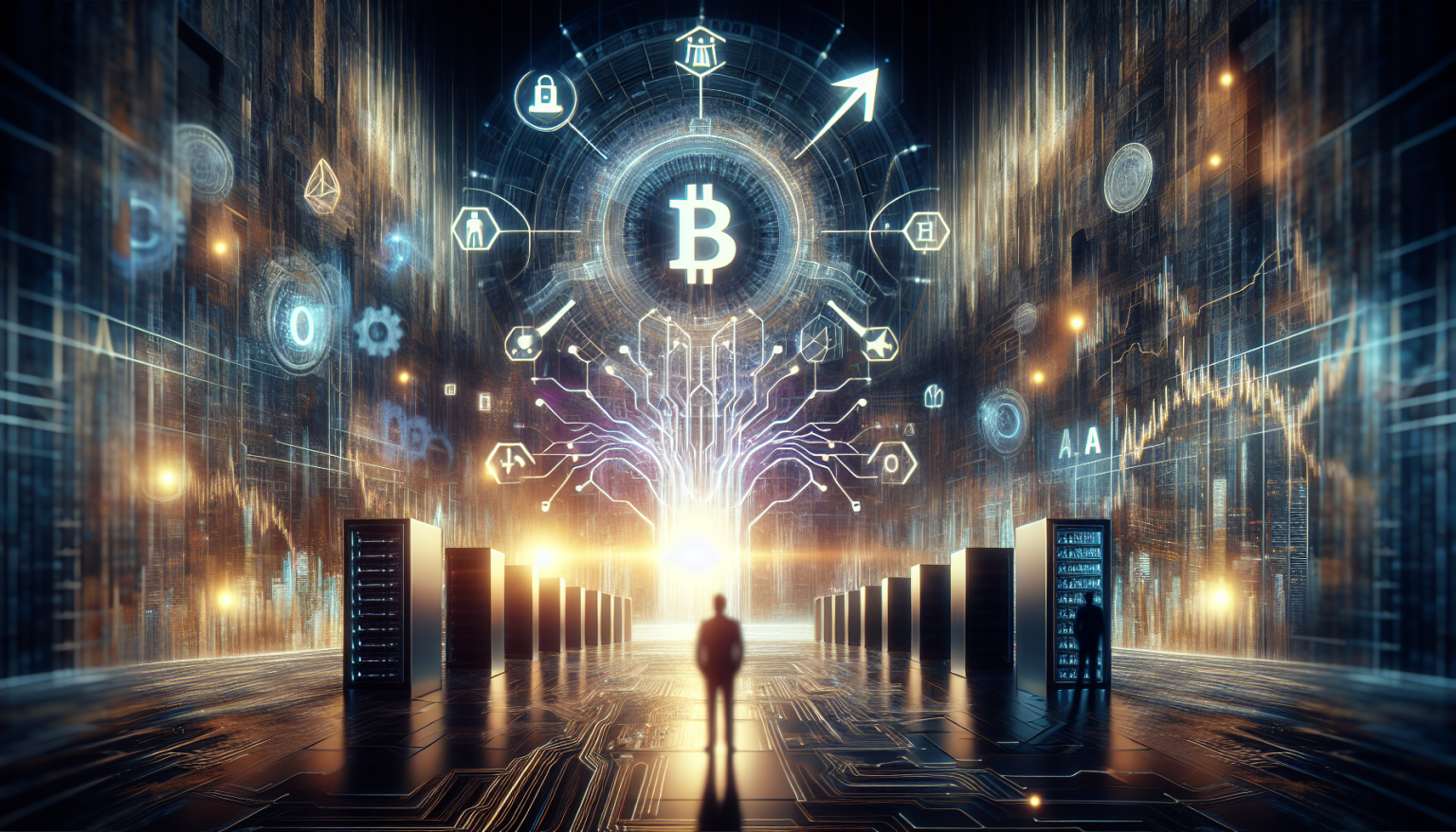A silent revolution is sweeping through the technology and finance sectors. Bitcoin miners, once merely cryptocurrency workers in the global blockchain network, are transforming into key players in the artificial intelligence (AI) sphere. This new dynamic is bringing spectacular stock gains, billion-dollar contracts, and geopolitical advantages—demonstrating how agile and powerful energy and computational infrastructure can be when markets shift. Understanding why Wall Street and big tech are suddenly competing for mining capacities requires a closer look at these developments.
Bitcoin Miners Undergo a Dramatic Shift
The Bitcoin industry is facing radical reinvention. Following the halving of mining rewards in April 2024, profitability plummeted, prompting many companies to rethink their strategies. Firms like IREN, formerly Iris Energy, initially fell but then experienced a dramatic turnaround, with stock prices rising over 580% since their strategic repositioning and rebranding in November 2024. Competitors such as Riot Platforms, TeraWulf, and Cipher Mining also saw significant gains, ranging from 100% to 360%, indicating a strong market response to this new direction.
Here is our detailed forecast for Bitcoin.
This successful transformation is rooted in a surprising strength of miners: their vast existing energy and cooling capabilities. This established infrastructure allows for a rapid pivot from blockchain processing to high-performance computing. Unlike traditional data centers, which take time to expand, miners are ready with immediately usable capabilities. Analysts view this as an extraordinary example of entrepreneurial adaptability, showcasing the industry’s shift from digital gold mining to supplying critical AI resources.
Billion-Dollar Contracts Validate Strategic Value
A pivotal moment for the sector was the billion-dollar deal between IREN and Microsoft, which secured a $9.7 billion agreement for data center capacities in Texas. Additionally, IREN has another contract volume of $5.8 billion for GPU supplies from Dell. These partnerships catapult miners into the forefront of global AI service providers. Industry observers perceive this as a clear indication that the energy and infrastructure expertise of miners provides a strategic advantage in the age of AI.
HIVE has surged 283% this year to reach 23 EH/s of global Bitcoin mining capacity.
Now expanding 32.5 acres in New Brunswick to build a Tier III+ HPC campus capable of scaling to over 25K next-gen GPUs powered by renewables.
This is the next chapter of digital infrastructure pic.twitter.com/rbgZqIVFO3— HIVE Digital Technologies (@HIVEDigitalTech) November 3, 2025
Other tech giants are also monitoring the situation and taking action. Amazon is reportedly considering similar agreements with additional mining providers due to the enormous demand for graphics processors and computational power for AI models. Traditional data center projects cannot keep pace, as they require years to complete, while miners are equipped with cooling, network connections, and additional operational experience for high-performance systems. This shift has led investors today to evaluate factors like megawatt capacities and GPU allocations rather than focusing solely on Bitcoin hash rates.
AI Demand Outstrips Traditional Capacities
The global AI wave has created an unprecedented hunger for computational power. Models are becoming larger, markets faster, and innovation cycles shorter. Companies that secure capacities in a timely manner gain competitive advantages. In this environment, miners offer something rare: immediately available infrastructure on an industrial scale. Their ability to rapidly scale and efficiently operate GPUs makes them preferred partners for hyperscalers and AI startups.
Read here why experts predict a Bitcoin rally up to $250k by the end of this year.
Market strategists emphasize this transformation is just the beginning. Many miners are developing new sites or expanding existing facilities to meet rising demands. Network operators are observing increased electricity requests from regions like Texas and North Dakota, creating a new power center for digital infrastructure in the US, moving beyond mere dependency on cryptocurrencies. Investors should note that the mining business has permanently changed, now creating a more sustainable business model.
US Politics Creates Competitive Advantages
In addition to economic forces, geopolitical factors are also influencing the market. The US government recently blocked the export of high-performance Nvidia Blackwell chips to China, officially citing security concerns, but effectively aiming to secure technological supremacy. The timing coincided with a meeting between Donald Trump and Xi Jinping, underscoring the importance of Bitcoin and cryptocurrency discussions. As China loses access to the latest AI processors, US firms are favored for supplies, allowing them to capitalize immediately.
BREAKING- Nvidia CEO Jensen Huang slammed U.S. export bans on AI chips to China, saying they wiped out Nvidia’s market share — “from 95% to 0%.” China will not lose but develop alternatives.

